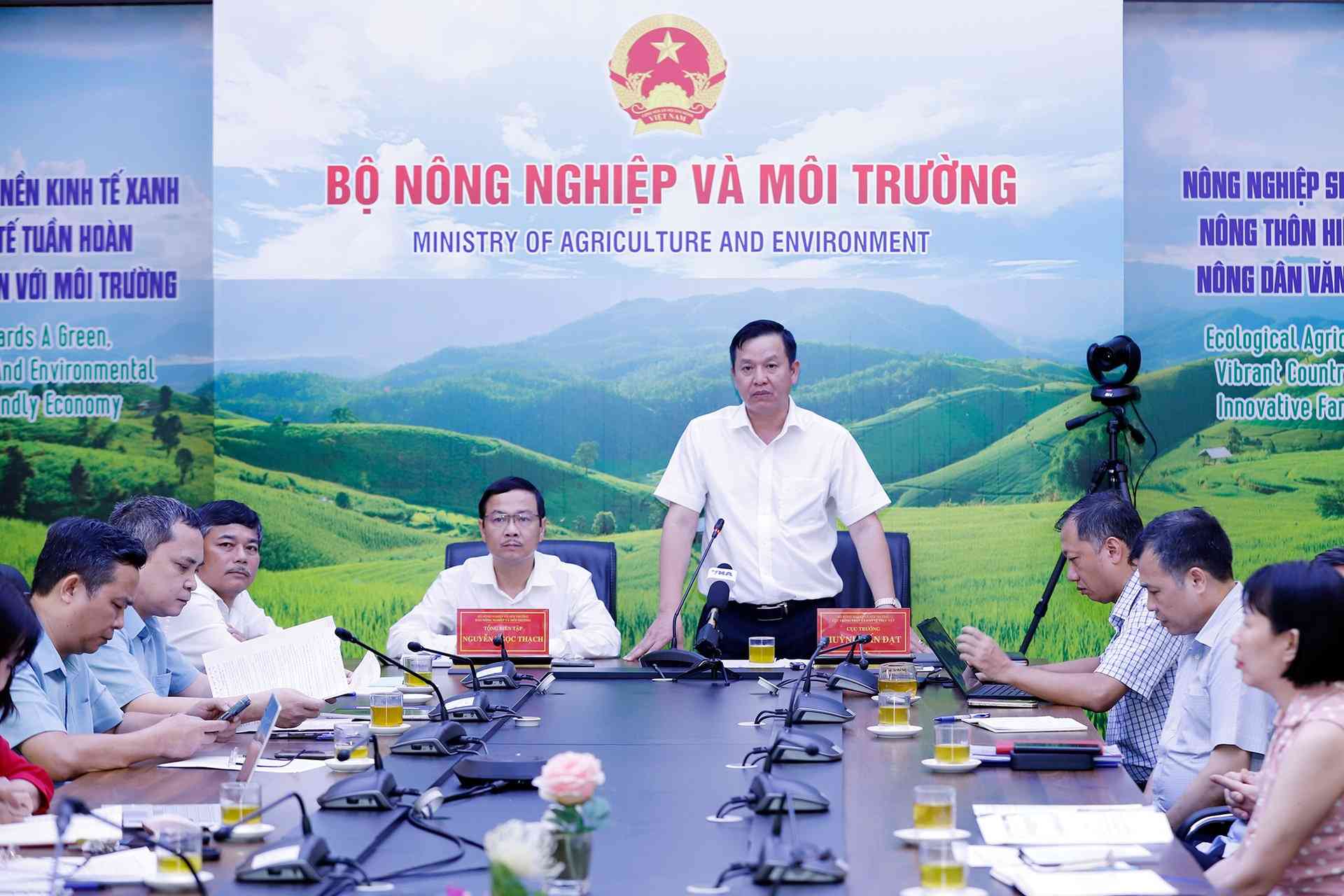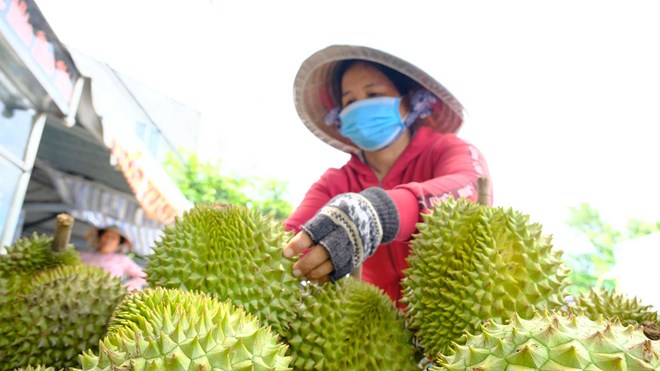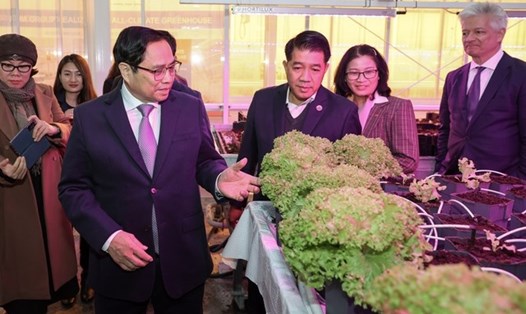Decentralization and delegation need to be consistent to promote efficiency
The program content focuses on introducing and disseminating legal regulations on decentralization, delegation, and division of authority in the field of cultivation and plant protection; implementing administrative procedures when implementing decentralization, delegation, and division of authority in the field of cultivation and plant protection.

Speaking at the opening of the Conference, Mr. Huynh Tan Dat - Director of the Department of Crop Production and Plant Protection said that, implementing Resolution No. 18-NQ/TW of the Party Central Committee on administrative reform and streamlining the apparatus, along with Decree 136/2025/ND-CP and Circular 12/2025/TT-BNNMT, the Ministry of Agriculture and Environment has decentralized 22 administrative procedures in the fields of cultivation, plant protection, plant quarantine, fertilizers... to the People's Committees at the provincial level.
This is an important and meaningful step forward in the new period to promote decentralization, reduce the burden on the Central Government, and improve management efficiency at the local level. However, after nearly 1 month of implementation, many localities are still confused due to lack of information, unsynchronized database and unclear process of document appraisal.
Therefore, the conference is an opportunity to agree on the implementation plan for decentralized administrative procedures and listen to comments from localities to remove obstacles and propose synchronous solutions to bring high efficiency in the coming time.
Many bottlenecks need to be removed
At the Conference, Mr. Nghiem Quang Tuan, Deputy Director of the Department of Crop Production and Plant Protection, said that records from localities show that there are still some organizations and individuals who have not fully updated information about 22 administrative procedures in the field of cultivation and crop keeping, which are decentralized and delegated by the Central Government to localities.
Ms. Luu Thi Hang, Head of the Hanoi Plant Protection and cultivation Department, reflected on difficulties in the procedures for testing pesticides. The dossier recognizing organizations that are eligible for testing still has many shortcomings such as requirements for means and equipment but not organizing actual assessments at the facility or the addition of contracts and documents proving the right to manage the testing area according to current regulations is still unclear whether it is mandatory or not.

Similarly, the representative of the Department of Crop Production and Plant Protection of Ho Chi Minh City also expressed many obstacles in implementation, such as lack of clear instructions on steaming and disinfection practice certificates, lack of unified legal basis in recognizing pesticides and lack of data on the list of plant varieties circulating over the years, causing difficulties in appraisal, export - import.
Many other localities also said that they are currently facing main difficulties in receiving and handling some administrative procedures due to many inadequacies in the plant variety database, some cases of errors, causing obstacles to the information update and file settlement process in the locality.
In order to remove the above difficulties, Mr. Nghiem Quang Tuan emphasized: "It is necessary to increase information, communication, and training for localities, especially some localities with many enterprises and administrative procedures such as Ho Chi Minh City, Hanoi, etc., thereby proactively implementing decentralization and delegation effectively".
At the same time, the leaders of the Department of Crop Production and Plant Protection proposed that localities promptly upgrade the software for managing plant variety databases to ensure connectivity from the Central to local levels. Organize exchanges and sharing of assessment and appraisal contents with localities to remove difficulties and obstacles.
The Department will strengthen coordination with localities to proactively grasp the situation, provide instructions, and promptly handle situations arising during the implementation of decentralization and delegation of authority to facilitate people and businesses, ensuring smoothness, without interruption, congestion, or inconvenience.









